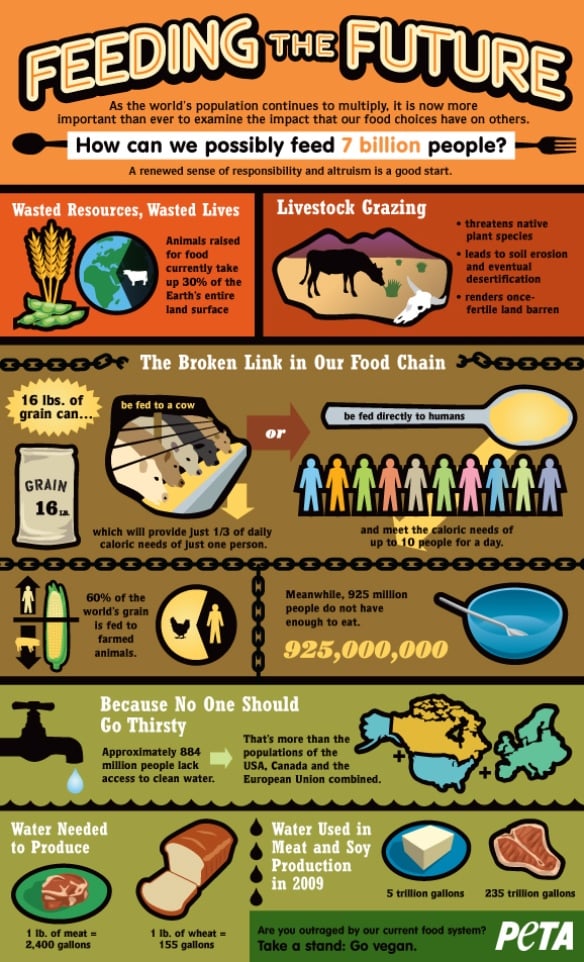The topic of ethical meat consumption increasingly weighs on the hearts and minds of conscientious eaters. Consumers, once blissfully ignorant of the nuances between industrial and artisanal practices, now grapple with a myriad of ethical dilemmas. This burgeoning awareness has prompted a quest for solutions that allow individuals to indulge in meat consumption without supporting the notorious cruelties associated with factory farming.
To embark on this exploration, it is crucial to understand the landscape of the meat industry. Industrial animal agriculture is characterized by asynchronous mass production, where animals are often confined in cramped conditions, deprived of natural behaviors, and subjected to inhumane treatment. The marketing strategies employed by these corporations, promoting their products as premium, often mask underlying ethical and environmental catastrophes. In contrast, ethical meat transcends typical parameters; it encompasses sustainable, humane, and health-conscious practices.
Understanding the categories of ethical meat is paramount. The most salient option is grass-fed, pasture-raised meat, which offers a glimpse into a more humane approach. These animals benefit from pasture access, allowing them to roam and engage in instinctual behaviors. The welfare of these animals is paramount, reflected in their living conditions and feeding practices. Proponents advocate that such conditions not only enhance animal well-being but also lead to meat that is superior in flavor and nutritional value.
Furthermore, the concept of regenerative agriculture introduces an innovative approach to meat production. This practice not only focuses on animal welfare but also prioritizes environmental sustainability. By rotational grazing and employing holistic land management techniques, farmers can restore the health of damaged ecosystems. The symbiotic relationship between the land, animals, and humans fosters biodiversity and combats carbon emissions, creating a sustainable cycle that benefits all parties.
For those adamantly against the suffering of animals, plant-based diets might seem like the most ethical route. However, the emergence of lab-grown meat provides a compelling alternative. Technological advancements allow for meat products to be cultivated from animal cells, eliminating the need for raising and slaughtering animals. This burgeoning industry presents a clean break from traditional ethics, pointing to a future where meat can be enjoyed without the taint of cruelty.
Moreover, it is essential to consider local and small-scale farms that prioritize animal welfare. Smallholder farmers often adhere to ethical practices that larger corporations overlook in their pursuit of profit. These farmers tend to treat their livestock with respect, and their operations, typically less resource-intensive, contribute to local economies. Supporting these farms not only aids in sustainable practices but also promotes community engagement, where consumers connect with food sources much more intimately.
Consumers interested in ethical meat options can explore their local farmers’ markets, utilizing the opportunity to ask questions about animal treatment, feeding practices, and overall welfare. Establishing relationships with local farmers fosters transparency and trust. By choosing to buy directly from such sources, consumers actively contribute to the well-being of animals and the health of the environment.
When evaluating ethical meat, another critical aspect to consider is certification. Labels such as “free-range,” “pasture-raised,” and “Certified Humane” serve as guiding lights for ethically inclined consumers. However, it is vital to note that these labels can sometimes be misleading. Therefore, research and vigilance are key to discerning genuine practices from marketing spin. Understanding the implications of such certifications allows consumers to make informed decisions aligned with their ethical standards.
In addition to sourcing ethical meat, one must also think about consumption habits. Moderation is essential in any dietary lifestyle, and ethical consumption does not imply unlimited indulgence. Ethical eaters can espouse a more mindful approach, opting to reduce their overall meat intake while savoring higher-quality, ethically sourced products. Responsible consumption aligns with the principles of balance and sustainability, helping mitigate the environmental impact associated with meat production.
Integrating a diverse array of plant-based dishes is another effective strategy. Incorporating more vegetables, legumes, and grains into meals can reduce reliance on meat and promote a balanced diet. By elevating plant-based ingredients, one can create savory, satisfying meals that respect animal welfare and satisfy culinary cravings.
Educational outreach and advocacy also play a pivotal role in the future of ethical meat consumption. By engaging with local communities and spreading awareness about the moral implications of food choices, more individuals can be encouraged to adopt ethical eating habits. Workshops, classes, and informational campaigns can debunk myths surrounding ethical meat production while informing consumers about nutritional benefits and global health implications.
Ultimately, the question of whether ethical meat is possible hinges on a collective commitment to changing the current paradigm of meat production and consumption. By supporting humane treatment of animals, embracing sustainable practices, and advocating for systemic reform, consumers can pave the way for a more compassionate world. The path forward requires perseverance, education, and compassionate choices, positioning ethical meat not merely as a trend but as an enduring movement towards justice for animals and harmony with our environment.








